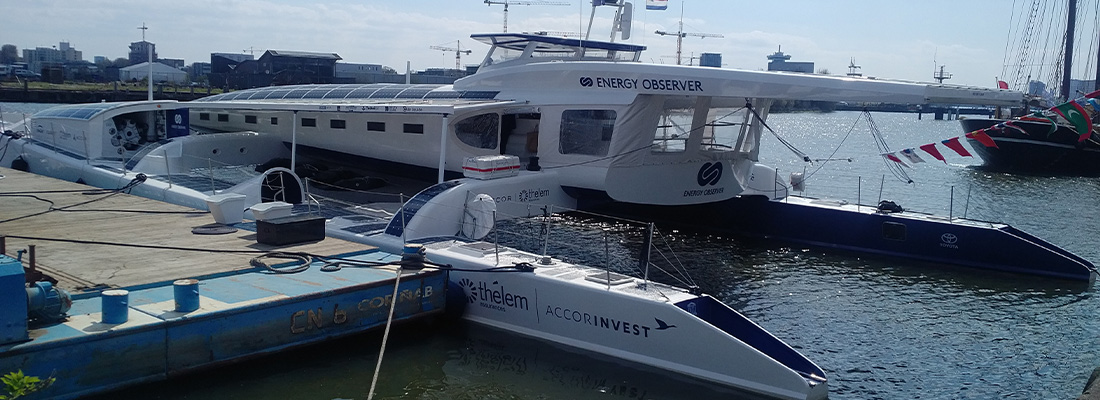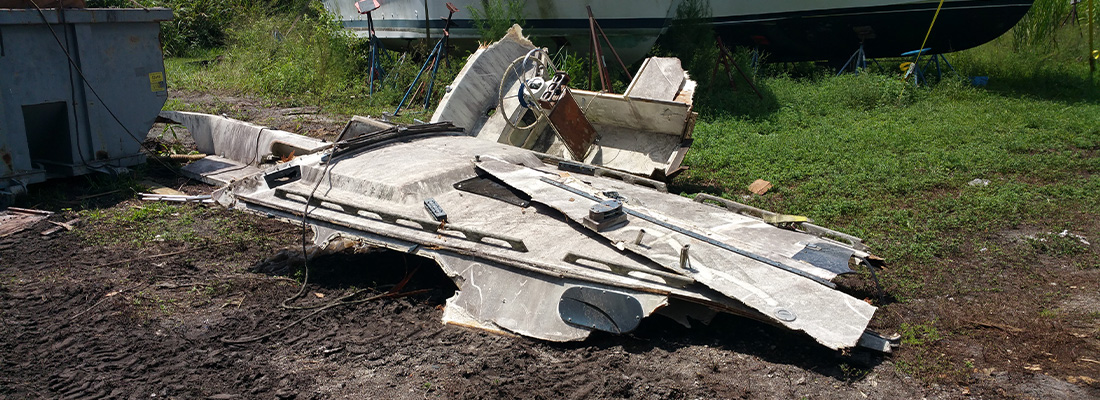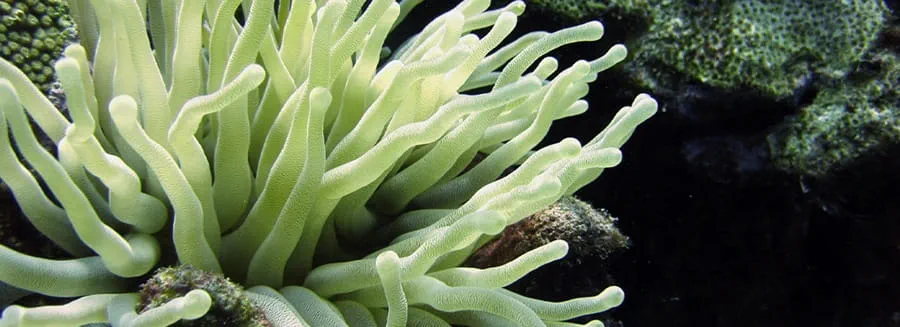Tuesday 17th November: Ocean Biodiversity and Biofouling
The Global Project Task Force called GloFouling was introduced at last year’s METSTRADE. How has it been going? What more can we do? Find out more from our panel of experts.
The importance of maintaining balanced marine biodiversity, and protecting it from the growing spread of non-indigenous species (NIS) has become a major constituent in the overall effort to improve and protect the health of the World’s oceans. According to the International Maritime Organisation (IMO), who instigated the GloFouling project, ‘the spread of invasive species is now recognised as one of the greatest threats to the ecological and economic well-being of the planet.’ They further state that biofouling is a vector for the transfer of aquatic species into new environments, via for instance, ballast water in ships, and underwater hull fouling on all types of vessels including recreational craft.
The international authorities have been pro-active in responding to this threat, even during these difficult times. In fact, as recently as June 9th this year, a new collaborative venture was announced, combining the forces of IMO, UNDP (United Nations Development Program) and the private sector, in a new Global Industrial Alliance (GIA.) The overall aim of this, is to tackle two of the most pressing environmental issues of our time – invasive species, and greenhouse gas (GHG) emissions.
The GIA brings together stakeholders in the private sector and the GloFouling Partnerships, a project led by United Nations entities to address the transfer of harmful aquatic species through biofouling. So, what a great time to continue the discussion at METSTRADE, where many of our regular exhibitors are involved in various methods of fouling protection; from coatings, to ultrasonics, and various other developing concepts, all designed to prevent the buildup of biofouling on the hulls of recreational boats. The panel will also consist of representatives from the IMO GloFouling Task Force collaborative partners.
Wednesday 18th November: We are getting Greener…aren’t we?
With the world constantly moving towards more sustainable manufacturing, our eco-tech panel will once again delve into how much Greener boating has become since last year.
Writing for Yachting World magazine in May of this year in an article titled ‘The Future of Yachting,’ Toby Hodges asked the question, “Could hydrogen-powered yachts be built from rocks or plants in the next decade?” It’s quite possible that Toby was at the I-nnovationLAB during METSTRADE last year, because all of these possibilities were presented and discussed in detail during the show. For instance, Amer Yachts explained how they are planning to switch to a fully recyclable composite with a fibre derived from volcanic rock. And, Greenboats presented their 27ft daysailer, built with a natural fibre composite utilising plant based flax in the matrix.
A discussion amongst the panel about the prospects for hydrogen powered propulsion on boats of the future, led to the conclusion that the technology would become a realistic commercial proposition for recreational craft within 3 to 5 years.
Another panel contributor, Sunseeker Yachts, explained how hybrid propulsion combined with weight saving and optimised efficiency hull designs, is driving down fuel consumption and reducing C02 emissions.
All indications are, that this year’s unprecedented situation has given innovative ideas in technical engineering and design even more opportunities to flourish. So, expect more news about futuristic sustainable technologies in the boating industry during this panel discussion, which has now become a regular feature at METSTRADE.

Thursday 19th November: End-of Use Boats - how are we progressing a year on?
The future sustainability of our industry could be directly related to this subject, and once again, (for the 6th year,) our panel will be reviewing latest developments.
Legend has it, that first 16-foot fiberglass speed boat was produced in the USA back in the early 50's by Conny Ray, (founder of Sea Ray Yachts,) who chose the material because it had been used for making coffins, so that they wouldn't rot underground. How ironical and tragic, that almost 70 years later there are thousands of GRP hulls being sent to landfill where they will still be in hundreds of years’ time! One of the main challenges to dealing with this ever-growing waste stream, has been with regard to the indestructible nature of GRP composites, and the number of fiberglass boats that were produced in large volumes back in the 70's and 80’s, and now reaching end-of-life, or more accurately ‘end-of-use’ in many cases.
Over the years we have hosted speakers representing various developing projects, including some boat breaking/disposal schemes, and several interesting routes towards upcycling or reuse of GRP composite waste materials. As always, we aim this year, to present more evidence of tangible and practical developments that have been achieved since the last METSTRADE Show.
And, as for last year, we also plan to have some progressive Yacht designers and builders represented on the panels, to comment on how they are developing designs for easier disassembly. Also, how they are incorporating materials that can be reconstituted into the construction of new boats in the future or practically recycled, instead of adding to the ever growing, environmentally damaging waste streams.
Our show partners ICOMIA have published a policy paper earlier this year, which sets out the background to the challenge of ELB’s with some suggested guidelines on how to go forward. Also, the European Boating Association (EBA), representing the users, has updated its position paper on the subject. And European Boating Industry (EBI) is collaborating with both ICOMIA and EBA, working together with the European Union Commission.
The EU Commission’s ‘European Green Deal’ includes clear objectives to develop a sustainable ‘Blue Economy’ in order to protect the ocean environment, so dealing with millions of end-of-use boats should be considered as part of this strategy.

Find out more, and join the conversation at METSTRADE 2020.
Please note:
At present, we are hoping to run the daily Sustainability Panel Discussions in its usual format at the METSTRADE Show in Amsterdam. If for any reason we have to change the format, we will share an update at the earliest opportunity to explain the changes.

